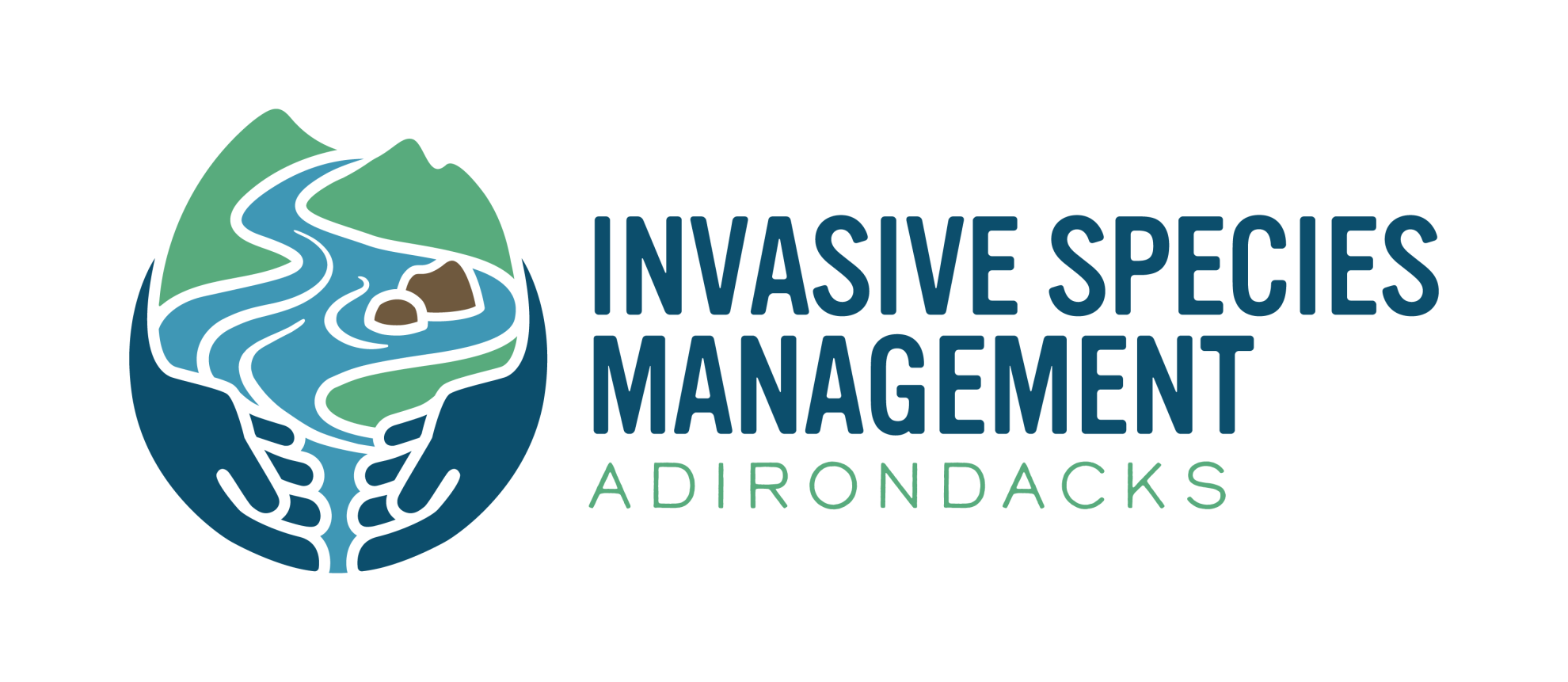Our Partners
Adirondack PRISM Partners
Managing the spread of invasive species in a region as vast as the Adirondacks is a challenge that requires collaboration across many organizations to be effective. The success of invasive species prevention and control efforts in the Adirondack Park is truly a testament to the work of our partners. To see how your or your organization can get involved, reach out to our team and partner with APIPP today!
Founding Partners
New York State Department of Environmental Conservation
New York State Program Partners
New York Invasive Species Research Institute
New York Natural Heritage Program
New York State Hemlock Initiative
New York State Invasive Species Advisory Committee
New York State Invasive Species Council
Partnerships for Regional Invasive Species Management (PRISMs)
Cooperating Partners
Adirondack Association of Towns and Villages
Adirondack Landowners Association
Canada Lakes Conservation Association
East Shore Schroon Lake Association
Essex County Soil & Water Conservation District
Hamilton County Soil & Water Conservation District
Paul Smith’s College Adirondack Watershed Institute
Raquette Lake Preservation Foundation

